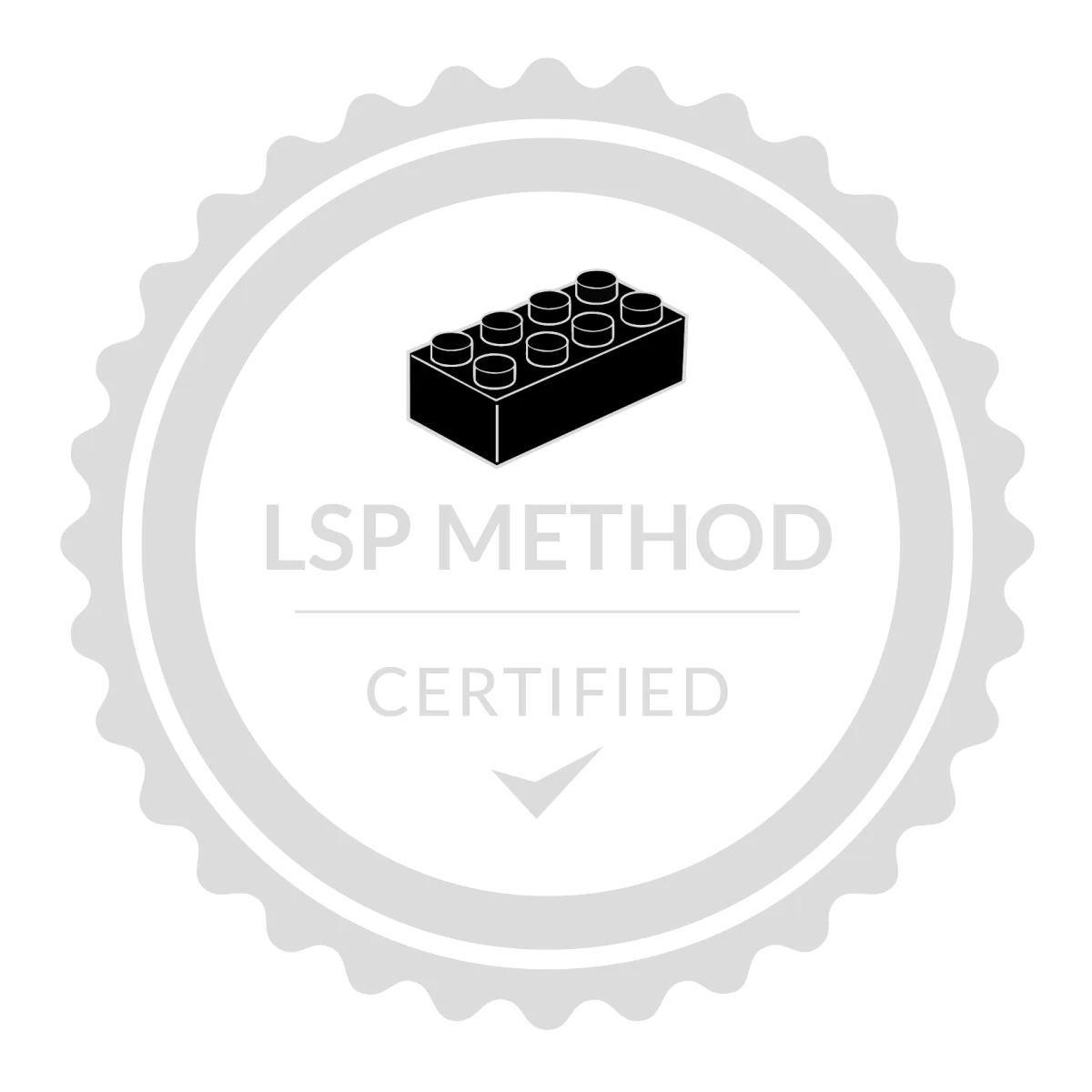Blog - Reflejos

Moving from Cultural Competency to Cultural Humility
Moving from Cultural Competency to Cultural Humility

“We are at a critical moment in our country’s history that demands us as leaders to lead in creating more inclusive organizations. If you do not believe you are ready to lead in this area you NEED to do everything possible to develop a skill set if you are going to be an effective leader in your organization and your community. If you are someone who believes that you have the skill set to lead in this area but are not doing so, it is time to get off the bench and take the field.”
Joel Pérez, Ph.D. ACC, Executive Coach
We find ourselves in a moment in history that is challenging us to evaluate our place in conversations about racism. These conversations, if they are like mine, are happening at the dining room table, in Zoom meetings and over the telephone. They are happening with new mid-to-executive-level professionals. They are happening between people in all walks of life.
We are at a critical moment in our country’s history that demands us as leaders to lead in creating more inclusive organizations. If you do not believe you are ready to lead in this area you NEED to do everything possible to develop a skill set if you are going to be an effective leader in your organization and your community. If you are someone who believes that you have the skill set to lead in this area but are not doing so, it is time to get off the bench and take the field.
In my experience I have heard a lot about developing cultural competency. As defined by Cross, et al (1989) cultural competence refers to a “set of congruent behaviors, attitudes, and policies that come together in a system, agency or among professionals and enable that system, agency or those professions to work effectively in cross-cultural situations.” This has included achieving competence in some of the following ways:
Awareness of one’s own cultural worldview
Attitude toward cultural difference
Knowledge of differences and cultural practice
Cross-cultural skills
These are very good things to work toward, but I have always felt that this reads more like a list of things to be achieved or boxes to check and in some ways gives the impression of a stagnant concept. Given the current situation in our country and world I believe that we have to move from cultural competence toward a posture of cultural humility. As defined by Tervalon & Murray-Garcia (1998), cultural humility is the “ability to maintain an interpersonal stance that is other-oriented (or open to the other) in relation to aspects of cultural identity that are most important to the person.” It includes the following characteristics:
Process of reflection and lifelong inquiry
Self-awareness of personal and cultural biases
Awareness and sensitivity of significant cultural issues of others
I would further stress that it is learning to be comfortable with ambiguity and an understanding that in order to be a culturally humble leader you have to know that it is not something to be achieved. This is a hard concept for some, as I have experienced in my years working in higher education and most recently in my coaching practice. A recent article by Angela Cusak and Michelle Vander Stouw in Choice Magazine (2020) referred to cultural humility as a process of “being culturally aware, not a destination, an accomplishment, or a certificate we receive for attending a class. It is a deliberate commitment to living in a space where increasing curiosity about others begins to naturally emerge,” based on the following principles:
Practice of lifelong learning and critical self-reflection
Recognize and change power imbalances
Develop institutional accountability
It is not enough to acknowledge this in your head. If you want to become a more effective leader you have to take steps to integrate this into your daily practice and how you show up as a leader in your organization and community.
How can you do this? I believe that the most effective way is to pair with a leadership coach that understands how to guide someone toward integrating cultural humility and being anti-racist into their leadership. Some of the tools I use with my clients are:
Intercultural Development Inventory (IDI) with Intercultural Development Plan
Implicit Bias Association Test (how do your biases manifest themselves)
Identity Wheel
Life path exercise (focus on equity and inclusion)
Reading list
Goal setting
Self-awareness is key to helping someone know what they need to explore and change in their approach to doing anti-racist work and creating more equitable organizations. This cannot be done in isolation. If you already have a coach, ask yourself if they are equipped to help you in this area of your life. If they are not, you may need to supplement with another coach like myself who specializes in this work.
If you are a coach and are realizing you are not equipped to help your clients in this area, I would encourage you to find a coach yourself to help you move from competency to humility. We all need help in this area regardless of the identities we hold. If you want to learn more about what I wrote about or how to start the process of moving from cultural competency to cultural humility you can take my course.
If you care deeply about what is happening and want to create a more equitable and inclusive community, you NEED to do the work. Please reach out to schedule a coaching discovery call.
We listen, bring clarity, provide support, Apoyo Coaching.






